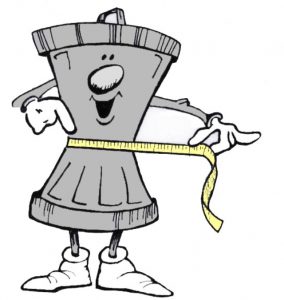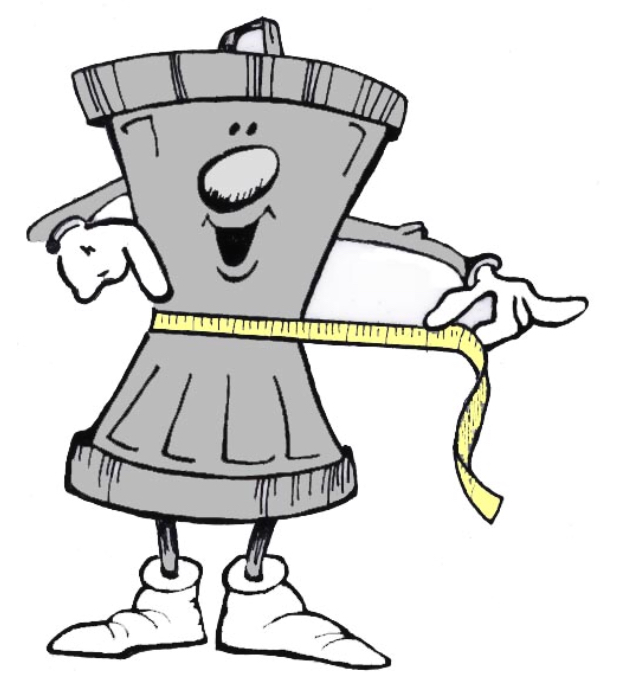It was a Sunday night: the night before bin collection day. Of all the household chores, putting the bins out has to be my least favourite. But on a Sunday night mid-November, I felt particularly uncomfortable about this task. You see, our two recycling boxes were full to bursting. I live with my husband, and between us we had managed to accumulate so much plastic/cardboard/glass throughout the week, that it filled two boxes worth. Five years ago, I might have seen this as an achievement – yay recycling! But seeing the two boxes full challenged me to start thinking about the consequences of producing so much waste, especially single use plastics.
We’ve all seen Planet Earth (remember that episode with the turtle trapped in a plastic bag?). There are huge environmental problems caused by single use plastics. As much as 50% of the plastic we use is only used once before it is thrown away, ending up in landfills or in the ocean. Plastic waste isn’t the only problem – it takes a huge amount of energy to create plastic in the first place. Energy from non-renewable sources adds to our carbon footprint, further accelerating climate change. While everyone around the world feels the effects of climate change, people living in the world’s poorest countries are the most vulnerable. Many people living in poverty rely on the land to survive. For them, and many others, the effects of climate change are a real matter of life and death.
If I choose to pursue integrity, equality and justice in my day-to-day living, then why shouldn’t this extend to my spending choices? Why shouldn’t this stance shape my attitude towards grocery shopping, household products, clothing? Why am I going through two boxes full of (totally unnecessary) single use plastics in a week?
With this in mind, I decided to try going “waste-free” for a week, with the hope of embedding some good habits and picking up some tips from others. Here are the four things I’ve learnt from my “waste fast”…
1 Preparation is important, whether that means remembering to bring Tupperware when shopping for meats, bringing shopper bags when picking up loose veggies or remembering to bring a keep-cup when heading out for a coffee. It’s a bit of extra effort, but well worth it. I found that opting for locally sourced products from the greengrocers/butchers tended to work best; local shops seemed to be more willing to ditch the plastic!
2 There are so many creative companies making a difference. For example, I recently started using more Lush products. Many products come without packaging (for example, the shampoo bars), or in recycled plastic pots that can be returned after use and used again. Slightly more expensive than your usual bottle of Pantene, but last longer so maybe it all evens out? Bees wax wraps in lieu of cling film are another fantastic alternative to single use plastics, and look very pretty too. Reusable make-up remover pads, bamboo toothbrush/hairbrush and washing bags (capturing plastic microfibres before they wash down the drain into the ocean) are just some examples of other products available out there!
3 See waste creatively. We are so quick to move onto the next new thing, choosing convenience over sustainability, quick fix over hard work. As a culture that attitude not only shapes out spending choices, it seeps into our relationships, our work ethic, etc. Being realistic, there are times when waste is inevitable – when the supermarket refuses to use your Tupperware and you have to buy a plastic box of chicken instead, or when a recipe requires tinned tomatoes (just two examples!). I’ve tried to start using this “inevitable” waste creatively, for example, instead of buying new plant pots for seedlings, I’m choosing to use old plastic boxes that food was once stored in. Kids craft projects, storage, tea light holders, the possibilities are endless. It’s a bit daft, but it’s helped me re-consider how waste doesn’t have to be waste if you look at it a little differently!
4 Doing things in community is so much easier than doing it alone. I’ve loved hearing inspiring stories and tips from others. Making small changes to reduce your single-use plastics (or waste in general) can seem like a drop in the ocean, considering what a wide-scale issue it is, and how much of an impact pollution has had already. But involving others, be that friends and family, or on a wider scale, inviting local supermarkets and businesses to get on board, or writing to your local politician, can start a culture shift.












Nice article… very useful
thanks for sharing the information.
Nice article, interesting to read…
Thanks for sharing the useful information
Great blog.Thanks Again.